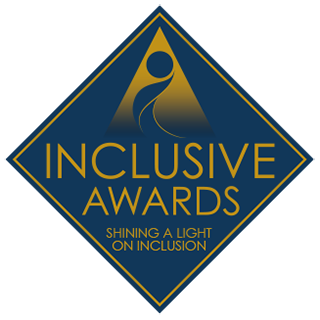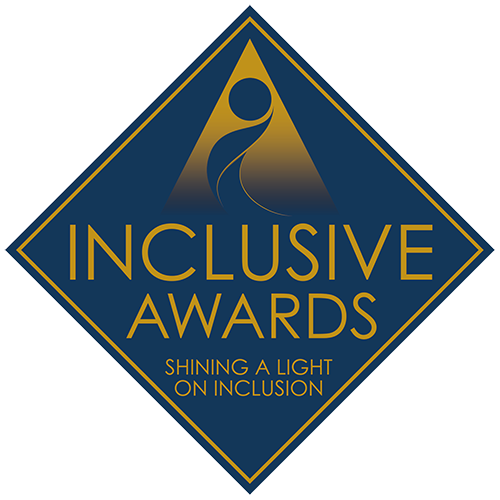Women@Manchester is a volunteer-led staff network co-chaired by Emma Shiels and Dr Lin Ma, supported by a voluntary committee and steering group composed of both Professional Services and academic colleagues at The University of Manchester. We volunteer outside our substantive roles, driven by a shared commitment to gender equity and inclusion. Drawing on our professional expertise and lived experience, we have built a sustainable, inclusive and strategic network that is open to all women, including trans and non-binary colleagues.
Our mission is to empower women, amplify underrepresented voices, and remove systemic barriers to equity. Since 2023, Women@Manchester has grown from 250 to over 850 members. This rapid expansion reflects our ability to deliver meaningful engagement, relevant programming, and visible impact. We have become one of the most active and intersectional staff communities within the University and are increasingly recognised across the sector.
In the past year, we have delivered over 20 impactful events that addressed a wide range of topics, including flexible working, maternity and menopause support, gender-based violence, and navigating family courts. These sessions were often co-designed with researchers and lived-experience speakers and have led to tangible outcomes such as increased policy awareness, cross-faculty collaboration, and career progression for attendees.
One of our flagship initiatives is the Women’s Speaking Club. This facilitated space has supported over 90 women in developing confidence in public speaking, professional visibility and leadership presence. Many participants report increased confidence in meetings, improved communication skills, and the confidence to apply for senior roles.
Our Let’s Do Coffee initiative supports informal mentoring and cross-grade networking, which has led to career progression, mentoring relationships and meaningful peer support. We also host grassroots social groups such as the Vegan Women’s Club and Travel Club, which provide safe spaces to build community, promote wellbeing and connect across interests and identities.
To support the network’s growth and sustainability, we introduced a structured voluntary committee with defined roles in project management, communications, events, and administration. This structure has enabled more effective planning and delivery while drawing on the strengths and professional skills of our volunteers. Our committee was cited as a model of sector-leading best practice in the University’s successful Athena Swan Silver Award submission.
We have also focused on building clear infrastructure to support long-term impact. A centralised SharePoint site provides open access to key University policies, including maternity, paternity and childcare support. We have also developed a curated resource bank for colleagues on topics such as menopause, neurodiversity, and flexible working. Our quarterly newsletters keep over 850 members informed and engaged, sharing upcoming events, personal stories, and key developments in gender equity across the University.
A major milestone in 2025 was our University-wide International Women’s Day celebration, which brought together Professional Services staff, academics, and students from across all grades and backgrounds. The event featured the current President and Vice-Chancellor, a panel of diverse intersectional speakers, and live-streaming for wider access. With over 250 attendees, the event demonstrated the reach and credibility of the network and our ability to convene inclusive conversations at scale.
Beyond the University, we continue to extend our impact through external partnerships. We work regionally with GM4Women and have developed international collaborations with peer institutions in India, Brazil, and Kenya. In partnership with Kenyatta University, we co-hosted a webinar with the Cabinet Secretary for Gender in Kenya, facilitating an international exchange of best practice in gender equity across higher education.
We also support systemic initiatives such as the Aurora Women’s Leadership Programme, enabling 24 women to access national-level leadership development, and we have platformed campaigns such as 100 Black Women Professors Now through events during Black History Month and other targeted programming.
Our work has been publicly recognised at the highest levels. The former President and Vice-Chancellor, Professor Dame Nancy Rothwell, acknowledged the network for its “enormously valued contribution” to gender equality and inclusion across the University. Our work was also specifically cited in the University’s successful Athena Swan Silver renewal as a key example of effective, grassroots-led action with institution-wide impact.
At its heart, Women@Manchester is a community of purpose and connection. Our members tell us they feel more confident, better informed, and more connected because of their involvement.



